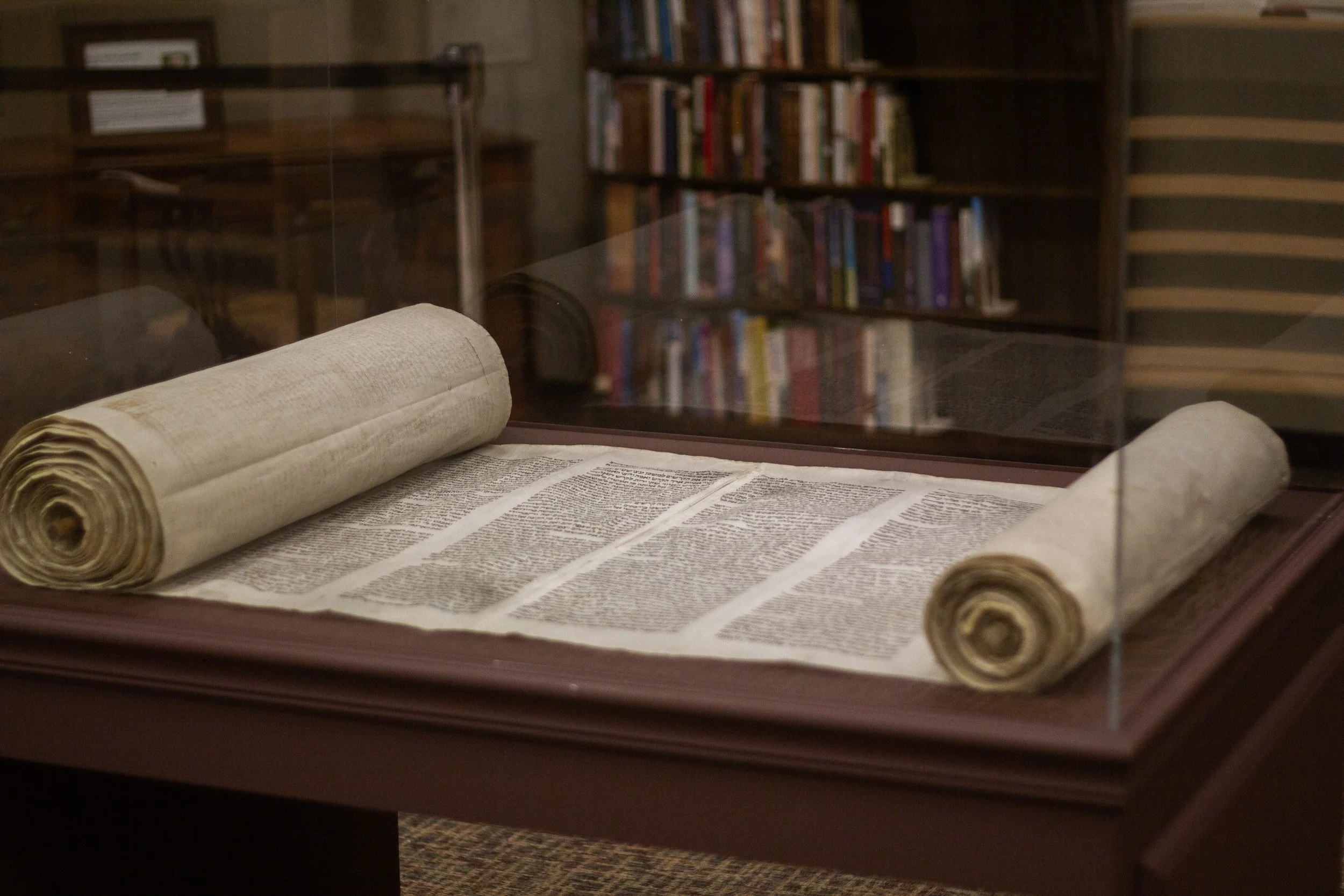A few years ago, I heard Aliza Bloch, the mayor of Beit Shemesh, say that despite the fact that some in her city thought they alone owned the Torah, the Torah, in fact, belongs to 100% of the Jewish people.
I couldn’t agree with her more. Although she was alluding to cross-denominational ownership, I want to address ownership by all of our Jewish children: neurotypical and non-neurotypical learners, those with and without language-based or other learning challenges, those who can sit still at a desk and those who need to move around, those who have full eyesight and those who are vision-impaired.
I imagine that philosophically, everyone agrees with this statement. Rather than quote the hackneyed verse of חנוך לנער על פי דרכו, educate every child in their way, I will quote Rabbenu Yonah in his commentary to Pirkei Avot, the Ethics of the Sages 1:14:
And if not now, when: There is also an implication in the term “if not now”, if not in the days of youth, then “when?” If he puts [Torah education] off till old age he will not be able to do it, and about this said King David [Psalms 144:12] “We whose sons are as plants grown up in their youth.” That is to say, that when a plant is still young, a person can nurture it to be a straight tree and not crooked, but after it matures in its crookedness, it will be very hard to fix it. And so it is with a person. When he is still young, it is easy to lead him on a good path and turn him away from evil, but once he has aged in his wickedness, it will be difficult for him to lay it down.
Part of the message I derive from Rabbenu Yonah’s statement is that all children, and especially out-of-the-box learners, need to begin their Jewish education at the youngest ages and continue through adulthood in order to routinize their learning and internalization of Jewish wisdom and values to whatever extent it can occur. I believe that few, if any, Jewish day school stakeholders would disagree.
But for those of us who believe in Jewish education for all children, in practical terms, what more might we do for our broad array of Jewish children?
I’d like to offer four different suggestions:
The Jewish community needs to get away from the attitude of seeing some children as “special needs” students. Like most other things on earth, children’s needs run the gamut. Every child has “special needs”; some have more than others and the needs themselves vary. A Jewish child is nothing more or less than a Jewish child, and we would all benefit from eschewing the practice of attaching labels to our students.
Judaic Studies teachers need to be trained to address varying needs of all students, both neurotypical and non-neurotypical. We are now in an age where the broader educational community is beginning to grapple with this, assuring that undergraduate and graduate students of education are exposed to methodologies for educating a variety of learners.
Judaic Studies curriculum and pedagogy need to be accessible to all students to the extent possible. Educational approaches such as Universal Design for Learning allow for teachers to create lessons that are appropriate for a wide range of learners. One of JEIC’s educational partners, Sulam, is providing training and coaching for Judaic Studies teachers in the UDL approach.
Of course, the best-trained teachers and excellent pedagogies need to be supplemented with curricular materials that can be modified to meet the needs of the continuum of learners in Jewish day schools. For example, a digital text, such as a chumash [Bible] or siddur [prayer book], could be manipulated in many ways: the text can be made larger or with the letters more spaced out for those with language-based learning challenges, vowels can be removed for those with visual processing difficulties, or text to voice might be used for those with severe dyslexia leading to word-decoding issues, creating more access for students to gain ownership over their independent learning.
When the Jewish day school community further addresses our attitude, our teacher training, our pedagogies, and our text materials, we truly will help all of our Jewish children gain deeper ownership of Jewish wisdom and values, that is, of our Torah.


